A Colorful Marvel of the Tropics
Known for its vibrant blooms and hardiness, this tropical shrub has become a favorite among gardeners, landscapers, and pollinators alike.West Indian Lantana is celebrated for its clusters of tiny flowers that come in a stunning variety of colors, often transitioning from yellow to pink, orange, red, or purple as they age. This chameleon-like trait makes the plant a dynamic addition to any landscape. Blooming throughout much of the year in warm climates, lantana serves as a magnet for butterflies, bees, and hummingbirds.
Native to the West Indies, Central, and South America, Lantana camara has spread across the globe due to its ornamental appeal. It thrives in hot, sunny environments and requires minimal maintenance once established. Drought-tolerant and able to grow in poor soils, lantana is a survivor ideal for xeriscaping and low-water gardens.
While its beauty is undeniable, the West Indian Lantana has a more complex ecological footprint. In many parts of the world, including Australia, India, and parts of Africa, it’s considered an invasive species. Its fast growth and adaptability allow it to outcompete native plants, disrupt ecosystems, and prove toxic to grazing livestock. This dual identity as both ornamental gem and ecological threat means that responsible cultivation is key.
Device Information
| Device | Redmi 13 Pro |
|---|---|
| Lens | No Lens |
| Edit | Pixlab |
| Captured by | @handsomecho |
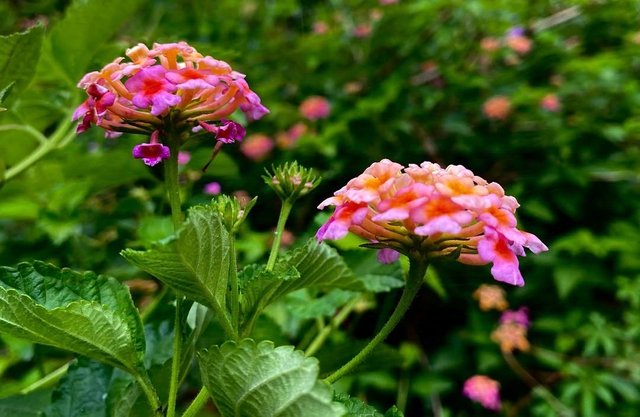
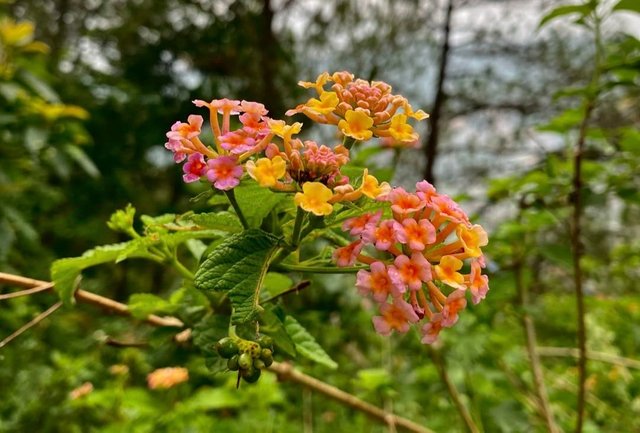
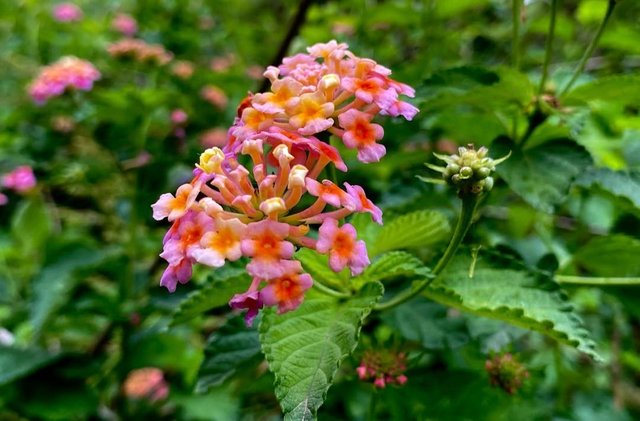
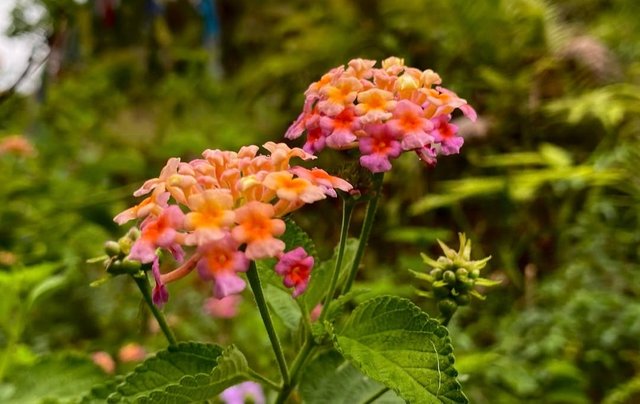
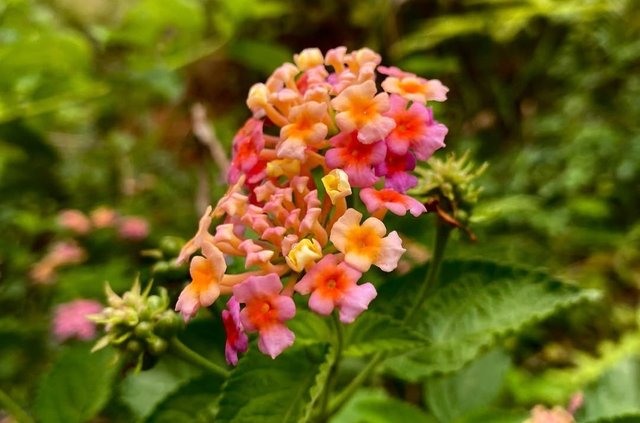
Upvoted! Thank you for supporting witness @jswit.